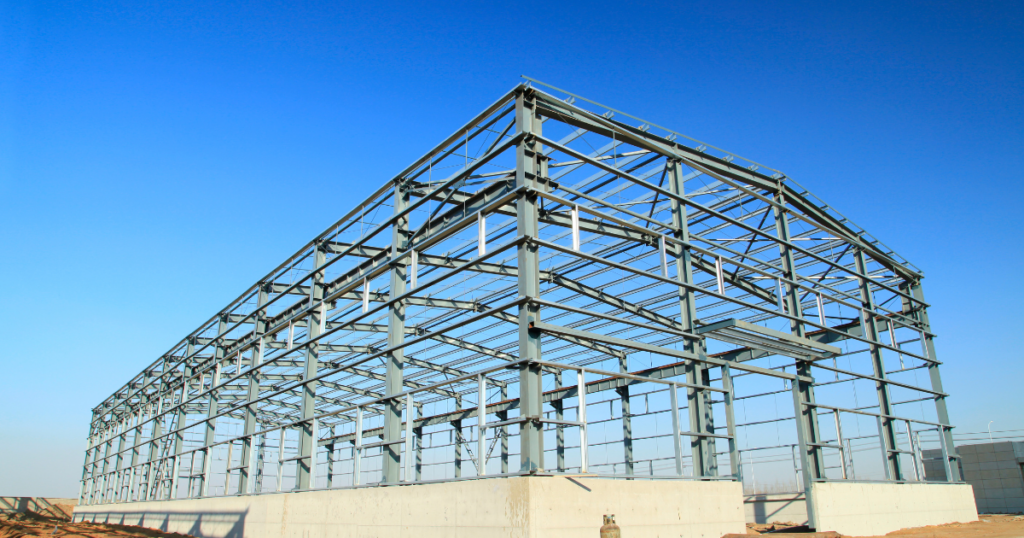The Importance of Metal Fabrication in Modern Construction
Metal fabrication plays a crucial role in modern construction, providing the structural backbone for everything from skyscrapers to bridges, industrial plants to residential buildings. In Zambia, as the construction industry continues to expand, the demand for high-quality metal fabrication services is growing. Understanding the importance of metal fabrication can help clients make informed decisions and ensure the success of their projects.
The Backbone of Modern Construction
At its core, metal fabrication involves cutting, bending, and assembling metal components to create structures and parts. These components form the framework for many construction projects, providing the strength and durability required to support large-scale buildings and infrastructure. Steel, aluminum, and other metals are commonly used in fabrication due to their excellent properties, including tensile strength, corrosion resistance, and versatility.
Benefits of Metal Fabrication
-
Strength and Durability: Metal is one of the strongest materials available, making it ideal for constructing buildings and structures that need to withstand significant loads and environmental stress. Fabricated metal components ensure the longevity and stability of a construction project.
-
Versatility: Metal fabrication allows for the creation of complex shapes and designs that would be difficult or impossible to achieve with other materials. This versatility enables architects and engineers to push the boundaries of design and innovation.
-
Efficiency: Prefabricated metal components can be produced off-site and transported to the construction site for assembly. This approach reduces construction time and minimizes disruption, leading to faster project completion.
-
Cost-Effectiveness: While metal may have a higher upfront cost than some other materials, its durability and low maintenance requirements make it a cost-effective choice in the long run. The ability to recycle and reuse metal also contributes to its cost-effectiveness.
-
Sustainability: Metal is a sustainable material, as it can be recycled and repurposed multiple times without losing its properties. This makes metal fabrication an environmentally friendly choice, aligning with the growing trend towards sustainable construction practices.
Applications in Construction
Metal fabrication is used in a wide range of construction applications, including:
- Structural Frames: Metal beams and columns form the skeleton of many buildings, providing the necessary support for walls, floors, and roofs.
- Bridges: The strength and flexibility of metal make it the material of choice for constructing bridges, which need to support heavy loads while spanning long distances.
- Industrial Buildings: Factories, warehouses, and other industrial facilities often rely on metal structures to accommodate large equipment and provide open, unobstructed spaces.
- Residential Construction: Metal is increasingly being used in residential projects, particularly for roofing, staircases, and custom architectural features.
Metal fabrication is an essential component of modern construction, offering strength, versatility, and sustainability. As Zambia’s construction industry continues to grow, the demand for high-quality metal fabrication services will remain strong. By understanding the benefits and applications of metal fabrication, clients can ensure that their projects are built to last, withstanding the test of time and the demands of the modern world.

